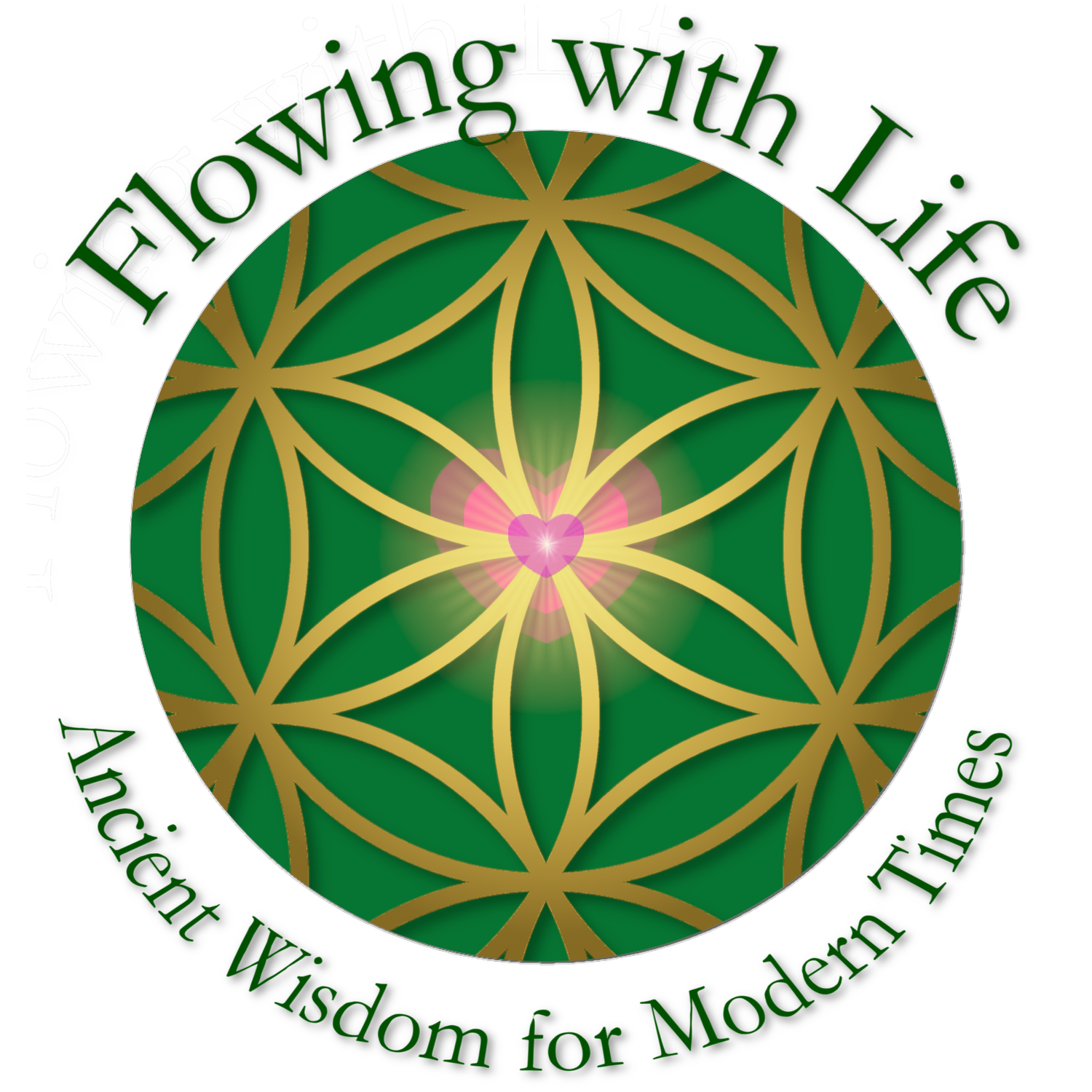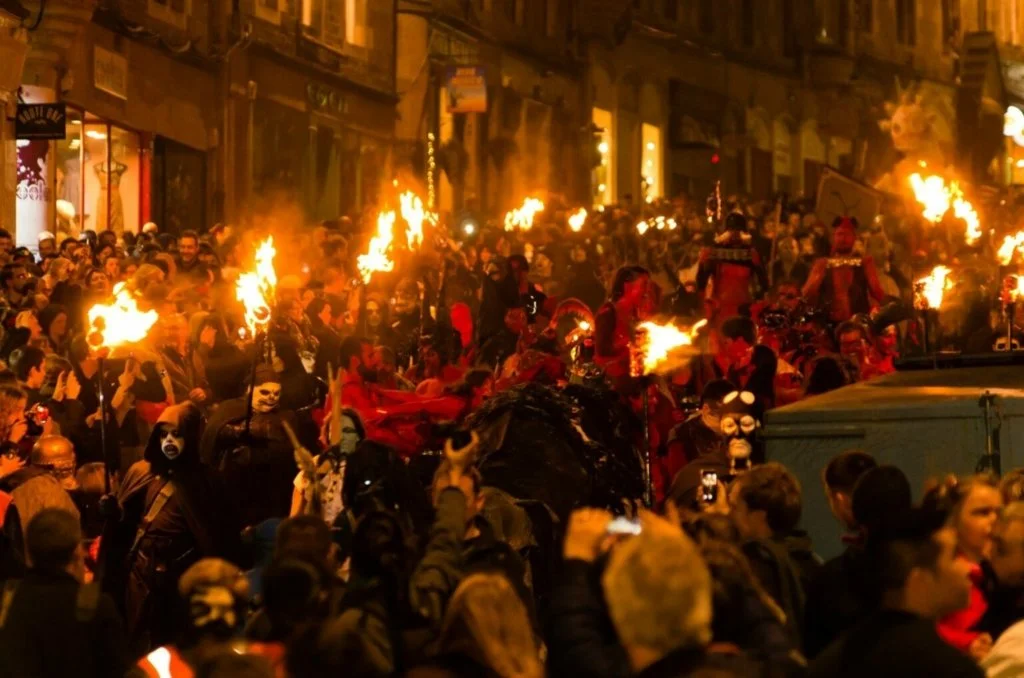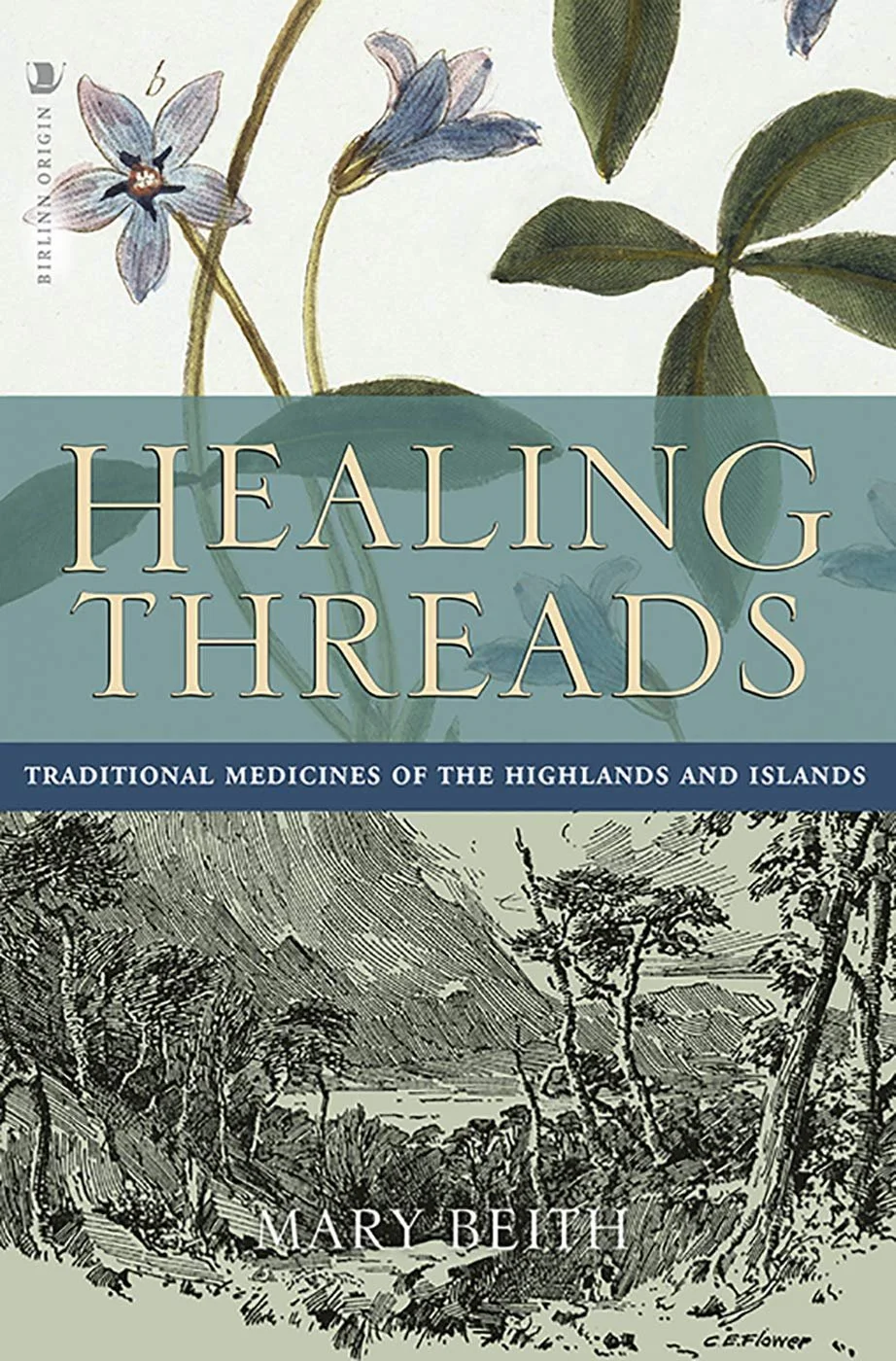Samhain: A Time to Remember
As we draw close to Samhain – the sacred time on the Celtic calendar marking the end of the year, the end of life as we know it, and the mystery of what lies beyond – we might well look to our ancestral roots for wisdom. It might seems in these times that wisdom is rare. In all times, it is precious.
Samhain celebrations in Edinburgh
While our attention is constantly drawn to flickering screens, with their corporate media feeds which leave us still hungry, our embodied memory is of sharing stories around a flickering fire laid in hearth or, perhaps, stone-lined circle in a field. One of the traditional ways of knowing, in all cultures, is through stories. Listening and telling. Discussing and debating. Sharing, together.
Available from the Bookshop.org with a portion of sale supporting our work.
The diversity of Celtic influence in Scotland, including the Pictish, Welsh and Irish as well as wider European roots, is complemented by waves of other migrating cultures, all with their own stories. Great researchers such as Mary Beith (Healing Threads), Alexander Carmichael (Carmina Gadelica), Alwyn Edgar (The Highland Clearances, Vols 1-5), to name just a few, are helping us remember the indigenous wisdom of Scotland. Meanwhile, many of us living here are honoured to be ‘New Scots,’ with over 170 languages spoken across the country. Our ancestral influences are diverse, deep and rich.
We also each have the gifts of those ancestors, perhaps unrelated by blood or nationality, whose lives have touched ours through story, song, struggle, and ways of being that inspire us to live our lives as deeply, fully and as well as we can. The American labour organiser, folk singer, storyteller and poet Utah Phillips describes this beautifully:
‘Time is an enormous, long river, and I’m standing in it, just as you’re standing in it. My elders are the tributaries, and everything they thought and every struggle they went through and everything they gave their lives to, and every song they created, and every poem that they laid down flows down to me – and if I take the time to ask, and if I take the time to see, and if I take the time to reach out, I can build that bridge between my world and theirs. I can reach down into that river and take out what I need to get through this world.’
Available from Bookshop.org with a portion of sale supporting our work.
One of the elders I turn to again and again, as you may know, is the great wisdom bearer Ursula Le Guin, now gone to join in the mystery beyond the doorway of death. I’ve just been re-reading her classic novel, The Dispossessed, for, I believe, the sixth time. Each time something new is revealed. The book explores modern societies’ obsession with linear growth, hierarchical structures, the desire to be right and to control and, most importantly, she offers clues for living another way. As we witness crisis upon crisis unfolding in our world, in our daily lives, any clues are precious indeed.
‘You cannot buy the revolution.
You cannot make the revolution.
You can only be the revolution.
It is in your spirit, or it is nowhere.’
In this, perhaps the most famous quote from the book, Le Guin notes that true social transformation must not only go very deep – to the roots – it must also spring from that very deep place. Whether you call it the spirit, the soul, the heart, the source, it is all the same. Something we feel deeply within ourselves that is beyond words but is able to speak. As she writes elsewhere in the book, ‘To be whole is to be part; true voyage is return.’ This, perhaps, is what the word radical most meaningfully points to – the journey back to the root.
As we witness yet another obscenely wealthy individual, focussed on increasing the divide between the materially rich and the rest of us, step into an apparent seat of power, this may a good time for us all to remember there is another source and there are other routes. Another world is possible. We can reach into the river of time. We can drink from the spring within. We can come together to share stories, to act, to listen, really listen to each other.
In the Yoga tradition, it is the feminine energy which leads
and the masculine which follows and supports.
To listen deeply, from the heart, we must be present, rooted. Not caught up in our own thoughts or desires to ‘win’ an argument (which you may have noticed never brings real happiness). We need to be present, in our bodies, open to receive. In a culture which prizes the masculine over the feminine, and the mind over the body, remembering and honouring our capacity to receive can be a great challenge, especially for those of us raised as boys and men. But it is necessary, I would say, for real change.
If we trace our ancestry (biological and cultural) far enough back, we can all discover indigenous roots. We can all remember how to be indigenous, living in honourable relationship with the land, with each other, with ourselves. We can remember how to be natural human beings. This isn’t something we work out like a maths puzzle in our heads, but something that is remembered bodily, intuitively, and deeply felt. It takes time and dedicated practice.
Available from Bookshop.org with
a portion of sale supporting our work.
The indigenous wisdom tradition I am most familiar with is Yoga. Not usually described as such, the teachings of Yoga precede Hinduism and other religions and share common ground with other indigenous teachings from around the world. This I’ve learned from working with Oglala Lakota and Anishinaabe relatives, the International Council of the Thirteen Indigenous Grandmothers, and others. One difference with Yoga is that it welcomes people of all cultures, all nationalities, all types of bodies. The Yoga Sutras of Patanjali tell us that with regular, heartfelt practice over a long period of time, unhelpful habits and traumas dwindle away and the light of awareness dawns. And we’ve been finding, too, that when practising yoga from the heart, any existing spiritual tradition we may have grows deeper.
Of course, there are many other ways, many paths, to reconnecting with our original wisdom, our original innocence. For each of us, it is different. Each of us is finding our way home. At the same time, we can be there for each other, support each other. As part of that, we might choose to make time together to honour those ancestors who have inspired us, whether grandparents, great artists or activists, or simply a felt sense of lineage that goes back to the origins of life on Earth – the greatest grandmother of us all.
Originally published on Bella Caledonia.





